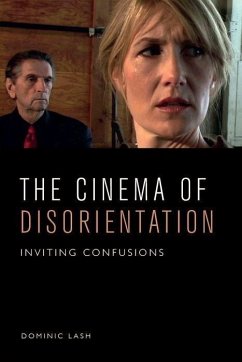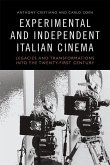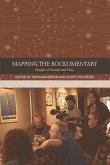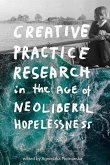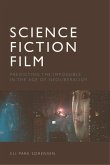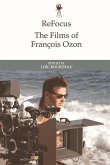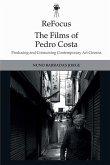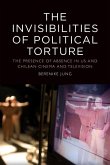Perhaps because they are so immediately absorbing, narrative films can also be profoundly confusing and disorienting. This fascinating book neither proposes fool-proof methods for avoiding confusion, nor does it suggest that disorientation is always a virtue. Instead, it argues that the best way to come to terms with our confusion is to look closely at exactly what is confusing us, and why. At the heart of the book are original close readings of four important recent films: David Lynch's INLAND EMPIRE (2006), Leos Carax's Holy Motors (2012), Pedro Costa's Colossal Youth (2006) and Jean-Luc Godard's Goodbye to Language (2014). Clearly written but critically and theoretically bold, The Cinema of Disorientation: Inviting Confusions explores both how we get (or fail to get) our bearings with respect to a film, and what we might discover by (and while) doing so. Dominic Lash is a film scholar and musician. His writing on film has appeared in Screen, Movie: A Journal of Film Criticism, Senses of Cinema and elsewhere. He has taught film studies at the Universities of Bristol and Reading, and at King's College London.

